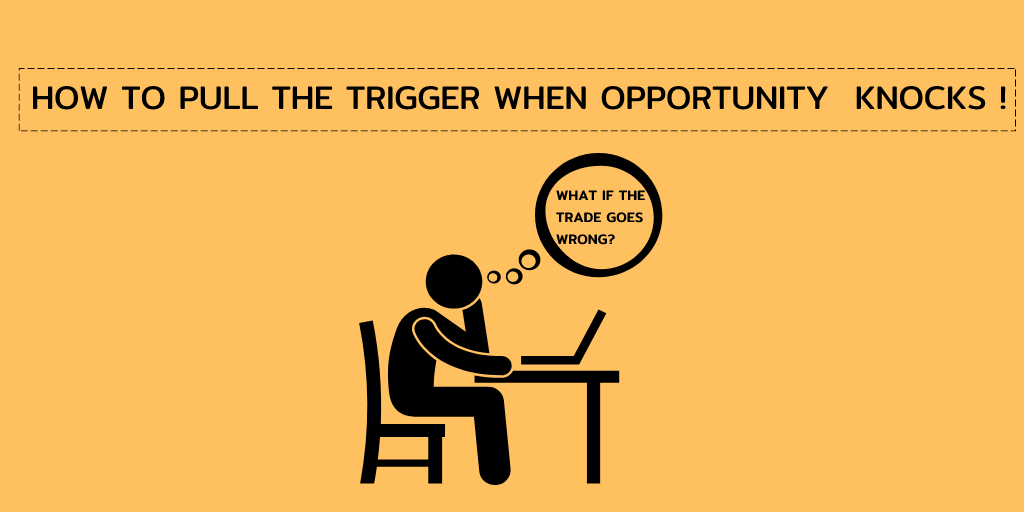FEAR - It’s the re-experience of failure in advance.
Many traders face the issue of Not entering in trades because of fear.
A thread on How to pull the trigger when the opportunity knocks.
Lets First start from knowing the cause of this "FEAR" of pulling the trigger.
A traders goes through many phases before becoming Profitable.
The first phase is the " APUN HI BHAGWAN HAI" phase-
When we first begin Trading, we don’t know any concepts, we don’t know about the risks , the dangers.
So we start trading, and like most guys by beginners luck we start making good, we start to calculate how much money we will make in next 1yr, 5 yrs, Greed start to Hop in.
We get introduced to Various instruments, F&O, LEVERAGE.
We take big positions as we don’t have any FEAR cause we haven't seen those bad phases yet.
Now we get the Big blow, account down -50%, or in many cases wiped out.
The first phase ends here.
Now we know How the market can kick our ass, we now know the risk that comes with those big positions.
"THE LEARNING PHASE"-
Now we know that we were just lucky initially and now we have to learn why we get those losses, so we start learning concepts , fundamental, Technicals.























